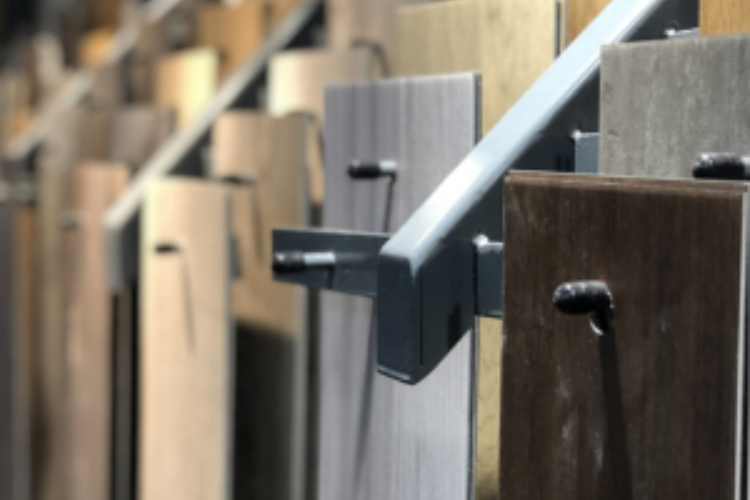Flooring is a big part of your home’s look and comfort. Over time, the best floors show signs of wear. Contact experts of flooring in Hertfordshire if you want to replace your existing floor. But how do you know when it’s time to replace them? Here’s a simple guide to help you spot the signs.
When should you replace your flooring?
If you notice the following signs, you can sense that something is wrong with your flooring and demands replacement:
Visible wear and tear
Scratches, dents, and stains are common on older floors. If your floors have lots of damage that can’t be fixed, it may be time for a change. This is especially true for high-traffic areas where wear shows quickly.
Water damage:
Water damage is a serious problem for floors, especially for wood and laminate. Look for signs of warping, buckling, or dark spots. Water-damaged flooring can also lead to mould and mildew, which may harm your health. If you notice any of these signs, replacing the floor can help prevent further issues.
Unpleasant odours:
Over time, spills, pets, and even moisture can leave unpleasant smells in your flooring. This is common with carpets, which trap odours easily. If regular cleaning doesn’t remove the smell, replacing the floor might be the best solution.
Cracks and gaps:
Cracks and gaps can appear in wooden and tile floors over time. These gaps often worsen with temperature changes or poor installation. Large cracks can collect dirt and dust, making cleaning harder. New flooring can restore a smooth, even look.
Allergies acting up:
Old carpets, in particular, trap dust, allergens, and pet dander. If you or a family member has allergies, this can make symptoms worse. Replacing carpets with a hard surface like wood or vinyl can improve air quality and reduce allergy triggers.
Outdated style:
Flooring trends change over time. If your floors look outdated, it might be time for a refresh. A new floor can update your home’s style and add to its value. Many modern options are also more durable and easier to maintain.
Soft or spongy feel:
If your floor feels soft or spongy underfoot, it could mean structural damage beneath the surface. This is common in water-damaged or very old floors. A soft floor often signals a serious issue, and replacing it will help keep your home safe.
Replacing flooring isn’t just about looks—it’s about safety, comfort, and air quality too. If you notice any of these signs, it may be time to consider new flooring. Updating your floors can improve your home’s look and provide peace of mind for years to come.
TJC Carpentry is a reliable company offering high-quality flooring fitting in Hertfordshire. Contact us today to arrange a free quote.

